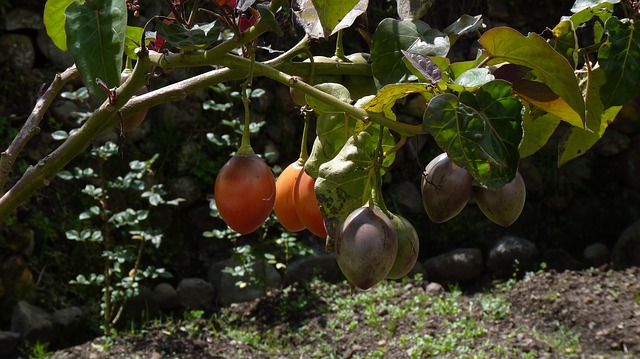With growing awareness of the effects of chemical fertilizers, organic farming and foods are slowly becoming a craze all over the world. According to International Federation of Organic Agriculture Movements (IFOAM), 172 out of the 198 countries in the world now witness organic farming.
MYLF Recommends Organic Food

Looking fabulous is just one of many things required to become a successful MYLF. Haven’t you heard about this concept yet? Well, MYLF stands for Mom You Would Love To F*** and it’s all about making fantasies of guys audience come true. Mature women, experience in art of love-making are here to show explicit examples. And yes, organic food is something they love!

Hot Crazy Mess – Daughters Who Mess Up.
![]() We all know these crazy stories about step daughters and their older man daddy issues. With the newest creation of Nubiles, called Hot Crazy Mess you are going to first-hand experience what it is to deal with such person. These step daughters are generally interested only in men with certain age. Why? Good question, but we show you what happens when they achieve what they want – it’s pretty obvious based on the series’ title. 🙂
We all know these crazy stories about step daughters and their older man daddy issues. With the newest creation of Nubiles, called Hot Crazy Mess you are going to first-hand experience what it is to deal with such person. These step daughters are generally interested only in men with certain age. Why? Good question, but we show you what happens when they achieve what they want – it’s pretty obvious based on the series’ title. 🙂
One country that seems to be embracing this latest trend is South America’s Ecuador. Some authorities state that out of 24 provinces in the country, 23 already have some amount of organic farming. One interesting fact to have come out recently is that Ecuador now produces more than 500 types, 564 to be specific, of organic food and it is both consumed in the country as well as used for export. Some of the major highlights are:
- Among these organic products, 190 are for fresh consumption while the remaining 374 has to be processed before further consumption. Figures up to March 2017 reveal that 36,246 hectares of land and 11,529 people are engaged in producing organic crops. This number is likely to rise in the future.
- Some of the foods Ecuador exports are bananas, chocolates, quinoa, coffee, mango, broccoli and others. On the domestic consumption side, tomatoes, radishes, beans, milk etc. are the main products.
- The authorities in the nation have created specific regulations regarding what can be called organic. Only foods qualifying to be organic under these specific rules can be sold as such and have a special label on them.
- Using organic foods is a win-win situation for all sides. For farmers, organic food fetches higher price and also prevents the soil from losing its fertility due to constant use of chemicals, in fact, their fecundity even improves with organic manure.
- For consumers, organic foods are a much healthier option as they are devoid of traces of any unwanted chemicals and are healthier, tastier and fresher.

- Organic farming also reduces costs of production for farmers as he doesn’t have to buy expensive pesticides and synthetic chemical nutrients. But what organic farming does require is support of good irrigation. Water is a non-negotiable in farming and if the government continues to provide support of that kind to farmers, there is no reason for them to not think positively about using organic methods.
- Organic farming also is now appearing with new tricks. Earlier it was all about using natural manure and staying away from chemical fertilizers but now there is something called ‘companion planting’ that has been introduced.
- In this method, a crop that has the quality of keeping away pests and get more nitrogen out of the soil is planted right next to another crop so that it can improve that crop’s quality and yield. In this way, without using any chemical substances, you are providing something like a protective shield to you farmers.
- So, the food is healthy, tasty and fresh. There isn’t much else that a consumer will want. The only downside to having organic food is that it, at the moment, is a little bit costly but then this would change with time as more and more people get engaged in organic farming and the amount of such products increases in the market.

- At the moment, few people restrict their choices to organic foods. But if the prices are the same as that of non-organic food, then there is no reason for people to not pick organic produce for themselves and especially their children.
- Ecuador is also geographically well placed for trying out organic farming. The soil in the Andes mountain is very fertile and even without any genetic modification, more than 400 varieties of potatoes grow in the region.
No doubt, Ecuador has the potential to become the hotbed of organic farming. Whether it will transform it into reality remains to be seen.
Organic farming is becoming more and more popular nowadays. It basically refers to a kind of farming in which natural ways are used for the rearing of animals and cultivation of plants. The process of organic farming involves the utilization of materials which are biological in nature.